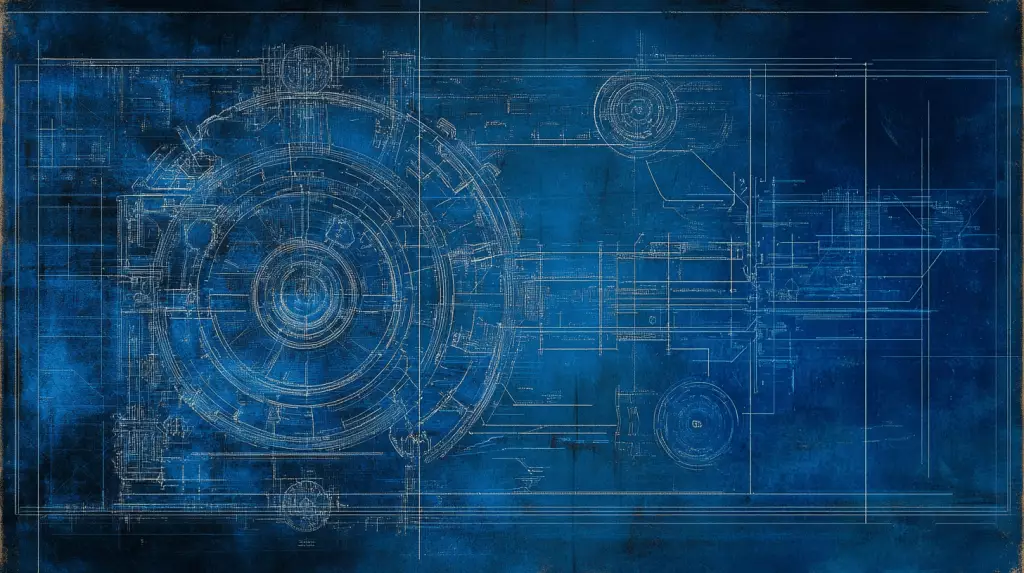In the rapidly evolving landscape of artificial intelligence, Microsoft’s AutoGen orchestration framework is making noteworthy strides. As organizations increasingly lean on AI agents to fulfill complex operational needs, Microsoft’s latest update—AutoGen version 0.4—offers a fresh approach to building more flexible and controlled AI entities. The initial unveiling of AutoGen sparked significant interest, yet user feedback pinpointed critical architectural limitations that led to this latest enhancement. By addressing these shortcomings, Microsoft positions itself to sustain its competitive edge in the burgeoning field of AI agents.
With AutoGen 0.4, Microsoft has ushered in an era of enhanced robustness and modularity for AI agents. The update addresses pressing user demands for increased observability, multi-agent collaboration, and reusable components. The transition to a more modular system allows developers to build complex networks of AI agents easily. Asynchronous messaging features aid in supporting both event-driven and request-interaction communications, allowing greater adaptability in operational contexts. This flexibility is crucial as organizations often require distinct agent behaviors depending upon varied situational demands.
The emphasis on distributed networks allows organizations to scale their AI systems effectively. Developers can employ plug-in components to create long-lasting agents capable of adjusting to ongoing projects or changing requirements. Such features are pivotal as they enable the design of sophisticated agent networks tailored to specific business objectives—ultimately fostering deeper AI integration into daily operations.
One of the significant pain points identified by users was the lack of observability—complicated by limited debugging capabilities within the initial framework. AutoGen 0.4 tackles these issues head-on with built-in metrics tracking, message tracing, and enhanced debugging features. This not only aids in monitoring agent interactions but also fosters an atmosphere of accountability and reliability, which is essential for businesses leveraging AI agents to drive operational workflows.
Moreover, the ability to allow agents to interact regardless of programming language—currently supporting Python and .NET with plans for future expansions—illustrates Microsoft’s commitment to fostering interoperability in the world of AI. In doing so, AutoGen will cater to a broader spectrum of developers and businesses, ultimately enhancing the framework’s user base and application diversity.
Central to the updates in AutoGen is the introduction of a tri-layered architecture, which delineates responsibilities between the framework, tools, and applications. The foundational layer, known as ‘core’, provides essential building blocks for creating event-driven systems. On top of this, AgentChat offers a task-oriented API enveloped in user-friendly design elements, making it easier for developers to build functionalities encompassing group chat, code execution, and pre-built agents.
This layered framework not only makes AutoGen more accessible to developers but also opens avenues for creating more cohesive agentic systems. The introduction of first-party extensions enhances integration possibilities with established tools, such as Azure’s code executor and OpenAI’s model client, further solidifying AutoGen’s role in the ecosystem of AI agent orchestration.
Alongside the core framework, Microsoft has also revamped accompanying tools like AutoGen Studio, which serves as a low-code environment designed for rapid prototyping of AI agents. This intuitive platform allows users to design agent teams through a drag-and-drop interface, offering real-time interactions and significant control over agent execution. By enabling users to pause or redirect agents mid-task, Microsoft is committing itself to empowering developers with tools that facilitate swift adjustments and refinements.
The progression from the initial release of AutoGen in October 2023 has seen the framework evolve into a cornerstone of AI agency, enabling organizations to streamline communication and maximize efficiency. With competition mounting from other platforms like Salesforce’s AgentForce and ServiceNow’s customizable agents, Microsoft’s continuous innovation within its AutoGen framework is critical in maintaining its leadership in this dynamic field.
AutoGen v0.4 represents a significant leap forward in AI orchestration frameworks, responding to the nuanced needs of organizations striving for agile and resourceful AI systems. As AI technologies become increasingly central to business strategies, frameworks like AutoGen serve as foundational assets that offer not only control and versatility but also the means to capture valuable insights and drive operational excellence. The journey of AutoGen has just begun, yet its transformative potential remains limitless as it adapts and grows in line with emerging technological trends.


Leave a Reply
You must be logged in to post a comment.